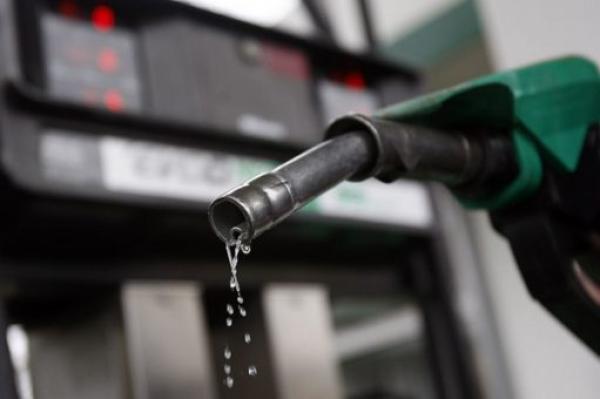
Crude oil price plunged to a seven-year low as trading opened on Monday, five days after the Organisation of Petroleum Exporting Countries, OPEC, resolved at the end its meeting in Vienna, Austria to keep its December 2011 production quotas. OPEC Secretariat calculations showed the price of OPEC basket of 12 crudes, which stood at $68.89 per barrel on Friday, raised marginally, with Brent crude price rising to $69.04 per barrel on Monday, the lowest level close to the price of $69.08 per barrel attained in 2007. On the New York Mercantile Exchange, NYME, light sweet crude futures for delivery in January trading was $66.15 per barrel after shedding $7.54, or 10 per cent from $73.69 per barrel at the close of trading on Thursday shortly after the OPEC meeting. However, days after the OPEC meeting, indications are that the resolution to keep production quotas at 30 million barrels per day may have failed to halt the decline in crude oil prices, with losses at more than 40 per cent since a peak level above $100 per barrel in June. At the OPEC meeting, members, led by Saudi Arabia, the world’s leading oil producer, were said to have engaged in a game of hard balls, as they canvassed positions aimed at putting pressure on the United States to cut down on its Shale oil project in a bid to stem declining crude oil prices. Saudi Arabia was said to have buttressed its argument against a proposal for production cut on its experience in the 1980s, when prices fell and the country rushed into cutting its oil production to strengthen only for the price to keep declining, resulting in its loss of market share. With huge foreign-exchange reserves, the Saudis were said to have indicated that their country had the capacity to finance its budget deficits with lower prices crashing to below $80 per barrel in the short term. Nigeria was voted in favour of production cut as a way of firming up prices, even as the toll on its economy forced government to announce some fiscal and monetary controls to stabilize the economy. At the end, the resolution was that OPEC would allow prices to continue falling, with the expectation that most of latest shale oil drilling projects in North America would become unprofitable and forced to shut down. Analysts say oil prices were likely to continue dropping till demand improved, though the level to which it would fall remained unpredictable.






















